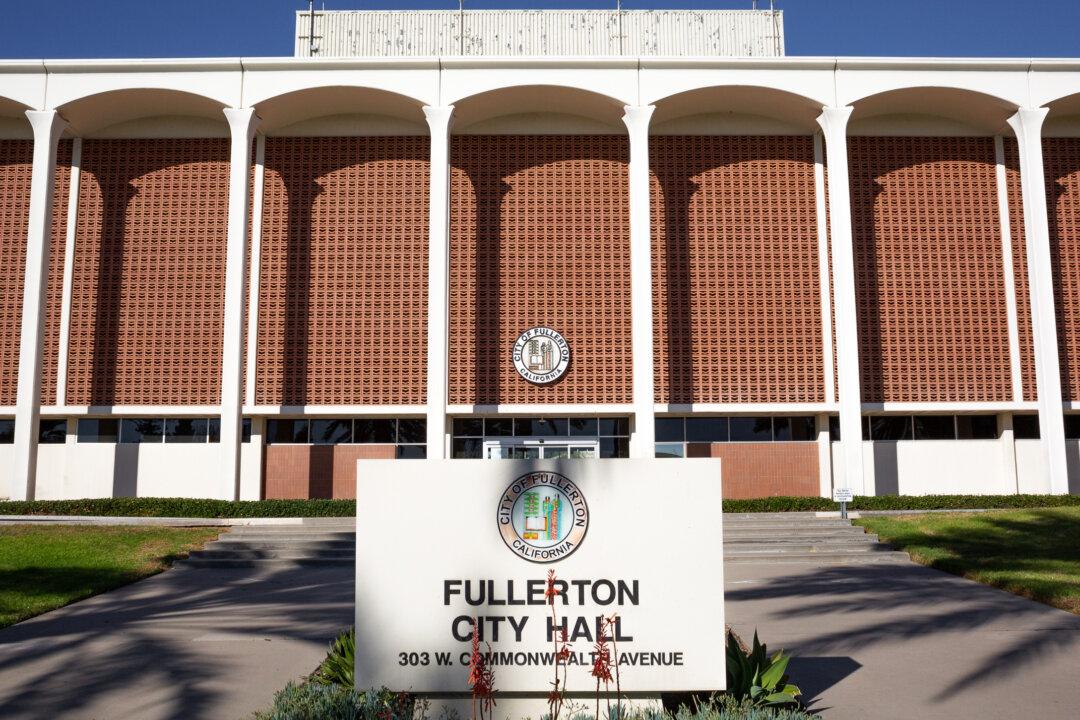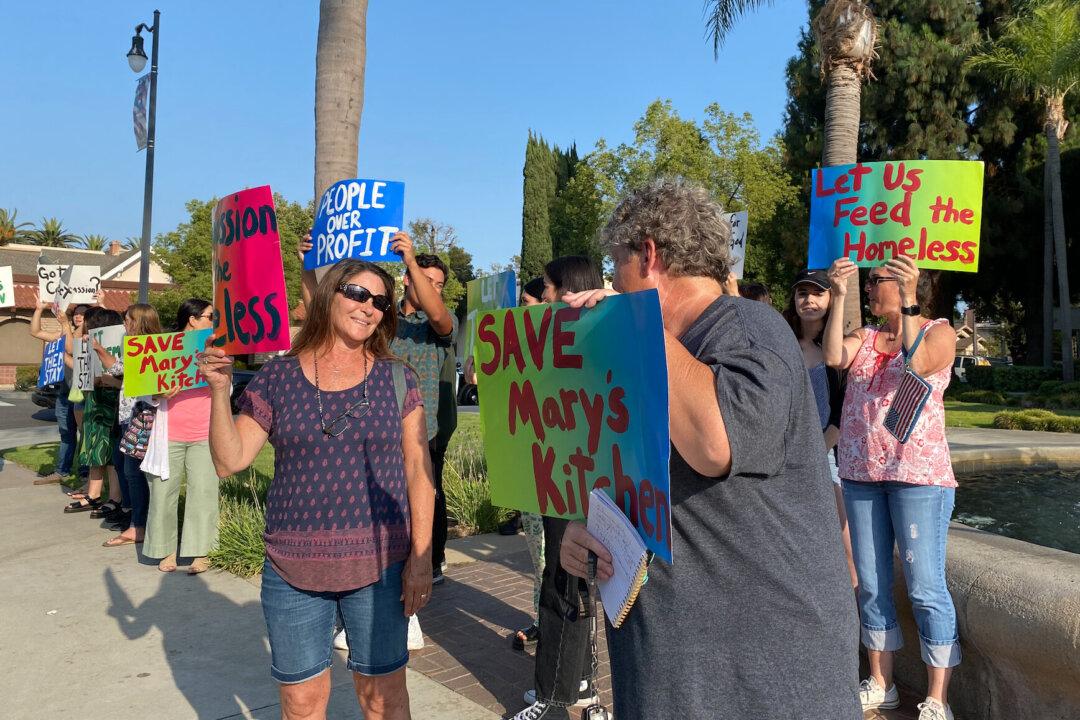Retail cannabis is coming to Fullerton, California, but the timeline has become increasingly unclear.
Certain details about the ordinance, which officially went into effect on Dec. 17, were scheduled for discussion at the Jan. 19 Fullerton City Council meeting. However, the council narrowly voted to reschedule the conversation for Feb. 16.





